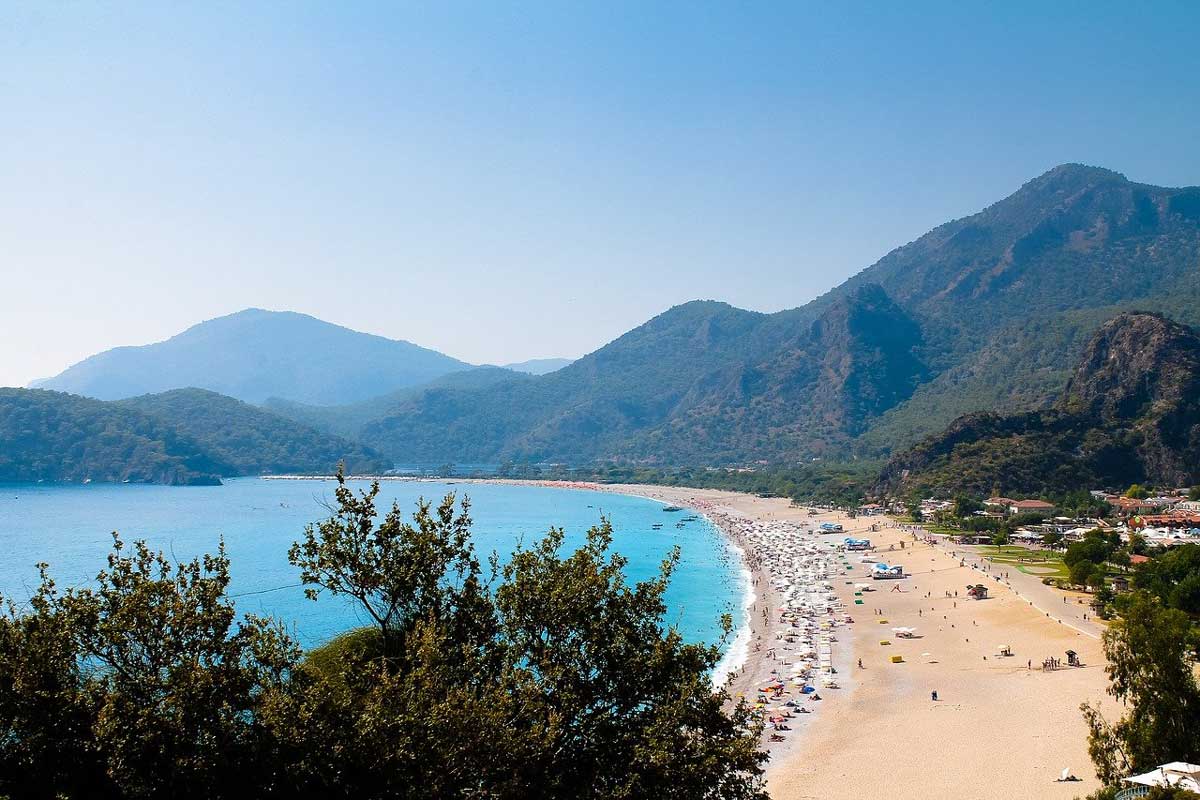As soon as the flow of tourists begins to grow in Turkish resorts, the voices of local politicians and functionaries are immediately heard about the need to increase the cost of holidays in this country. Former Deputy Minister of Culture and Tourism Guman Kyzyltan, assessing the prospects for the 2022 tourist season, said that “prices, unfortunately, are still set by foreign tour operators.”
“While the tourism potential and quality of our country is higher than its competitors in the Mediterranean, we have been selling this quality cheaply for many years,” Kyzyltan says. “We have to set our own prices. This means that we can use our advantages.” The former official is very concerned that this year’s tourism sales revenue will fall into the hands of foreign tour operators.
He is echoed by the chairman of the Anatolian Commodity Exchange, Ali Chandir: “Of course, our tourist friends are angry with us when we say that we are selling the values of our country for free.” Ali argues that if a tourist consumes a ton of water and leaves behind at least 25-30 kg of waste, “it shouldn’t cost $600.” “Thanks to our sales at such prices, in order to save the present, we are damaging the climate, soil, air, water of our children,” Chandyr says and calls for “getting close to a thousand dollars again,” referring to the income from one tourist.
One way or another, tour operators, hoteliers, and the entire tourism sector will profit from summer Turkey 2022. And talk about “we’re cheap” is an integral part of the Turkish political landscape and testifies to the next rise in the tourism industry. The reality is that mass tourism in Turkey with large amounts of income is possible only with a balanced pricing policy and the continuity of the existing chain of sales and service provision, from local businesses to large international tour operators. All participants in the process are well aware of this, which does not prevent people outside the industry from trying to earn political points on this.

